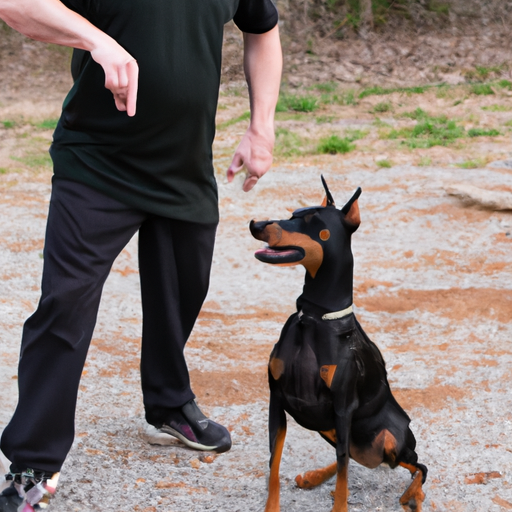Introduction
You’ve seen the signs — a growl here, a snap there. Your loveable, furry friend is showing signs of aggression, and as a caregiver, it’s important to address these issues promptly and appropriately. This guide will help you understand why your dog might be behaving aggressively and provide practical solutions to this problem.
Understanding the Causes of Aggression
The first step to addressing your dog’s aggression is understanding what might be causing it. Various factors could be responsible, including:
- Fear: Dogs often become aggressive when they feel threatened or scared.
- Territoriality: Dogs are known to be territorial and can become aggressive if they believe their territory is being invaded.
- Pain: If your dog is in pain, they might respond aggressively.
Techniques to Reduce Aggression
Having understood the potential causes, here are some techniques you could use to reduce aggression:
Training and Socialization
Expose your dog to various environments, people, and animals. This will help them become more comfortable and less likely to react aggressively.
- Start with short, controlled interactions.
- Gradually increase the duration and intensity of these sessions.
Redirection and Positive Reinforcement
Using treats and favorite toys, you can redirect your dog’s attention from potential triggers.
- When your dog behaves well, reward them.
- Avoid punishment as it can escalate aggression.
Seek Professional Help
If your dog’s aggression continues, consider seeking help from a professional dog trainer or behaviorist. They can provide tailored solutions to your dog’s specific needs.
Dietary Considerations
Some studies suggest a link between diet and aggression in dogs. Here’s a simple table outlining the key dietary considerations:
| Considerations | Explanation |
|---|---|
| Balanced Diet | Ensure your dog has a balanced diet. Lack of certain nutrients could lead to behavioral issues. |
| Avoid Sugary Foods | High sugar content can lead to hyperactivity and aggression. |
| Regular Feeding Times | Regular feeding times can prevent hunger-induced aggression. |
FAQ
1. Can any breed of dog become aggressive?
Yes, any breed can show aggression. It’s more about individual temperament and experiences than breed.
2. Is it necessary to hire a professional?
Not always. However, if your dog’s aggression is severe or you’re uncomfortable handling it, consider professional help.
3. Can aggressive dogs be around children?
It depends on the dog’s level of aggression. Until the aggression is managed, it’s best to keep aggressive dogs away from children.
4. Can diet really impact a dog’s aggression?
While more research is needed, some studies suggest a potential link between diet and behavior in dogs.
Remember, as a caregiver, your patience and understanding are key to helping your dog overcome aggression. It won’t happen overnight but with consistent effort, you can help your dog become a calmer, happier member of your family.



